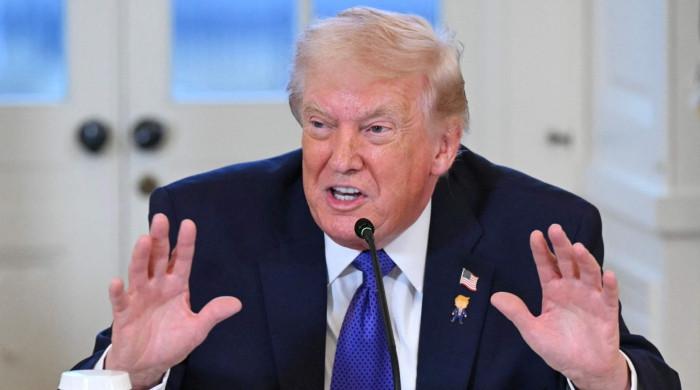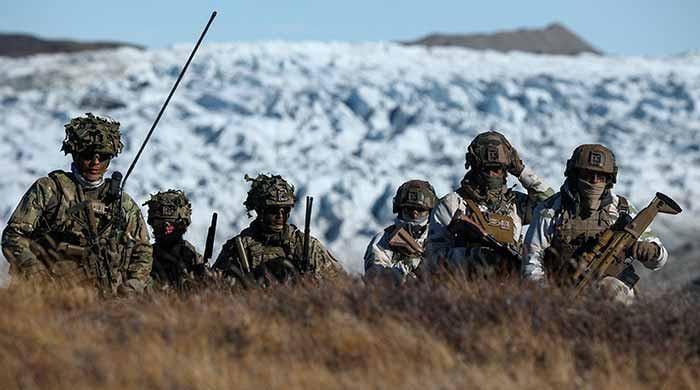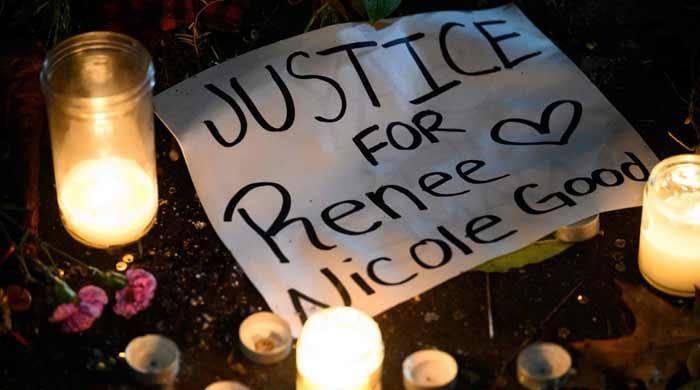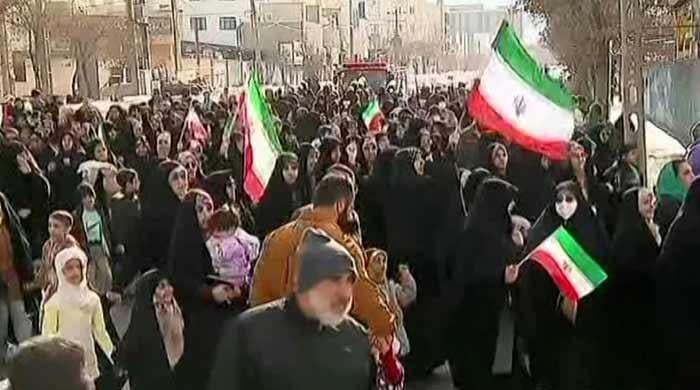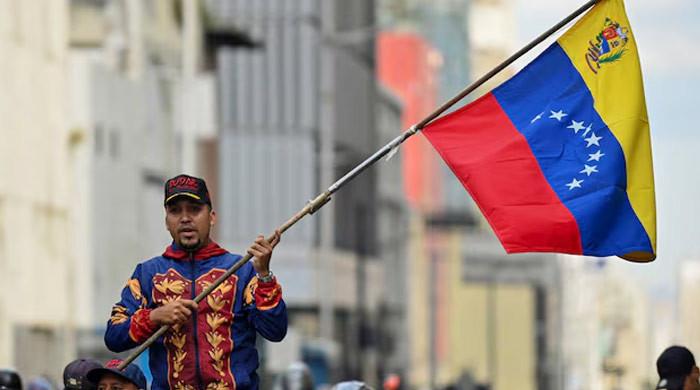Why model mosques are being constructed in Bangladesh?
Till now a total of 200 model mosques are already built and inaugurated
April 21, 2023
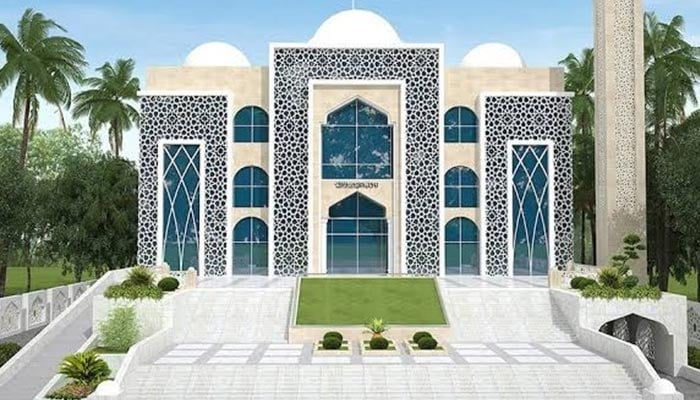
Bangladesh has constructed another 50 model mosques across the countries in the holy month of Ramadan.
The move is part of the governmental project to construct a total of 564 “Model Masjids and Islamic Cultural Centres” across the country. The project is estimated to cost around $1 billion.
Till now a total of 200 mosques are already built and inaugurated. The first phase was on June 10, 2021, the second phase was on January 16, 2023, the third phase was on March 16, 2023 and the fourth phase was on April 17, 2023.
In each phase, Prime Minister Sheikh Hasina opened 50 model mosques at different corners and parts of Bangladesh. The construction of the remaining model mosques and Islamic cultural centres is scheduled to be completed by June 2024.
Speaking to Geo News, Bangladesh Deputy High Commissioner in Karachi, S M Mahbubul Alam mentioned that Sheikh Mujibur Rahman was dedicated to Islam — the religion of peace.
Citing a number of initiatives, Alam said: "Sheikh Mujibur Rahman had established Islamic Foundation, took measures to organise Bishwa Ijtema in Bangladesh and allocated lands for a number of mosques."
According to him, being imbued with the great spirit of Islam and following the footsteps of her father, PM Hasina has come up with the idea of constructing these model mosques.
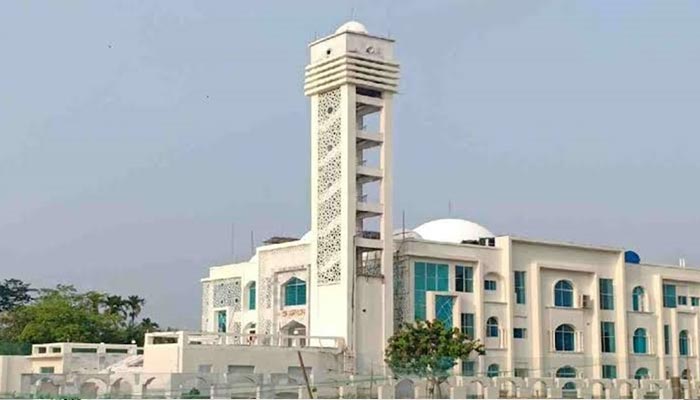
The air-conditioned mosques are designed to facilitate people in a number of ways. In different sections of these mosques, there are registration and training arrangements for Hajj pilgrims, an Imam training centre, a research and Islamic library, an autism corner, space for Tajheez o Takfeen, car parking facilities, pre-primary education, Holy Quran learning arrangement and conference room for Islamic Cultural activities.
Boarding facilities for local and foreign guests are also provided in these model mosques.
According to the deputy high commissioner, by visiting these mosques, people will know more about the rights and responsibilities —as per the teachings of Islam — towards all segments of society including men, women, and children irrespective of caste, creed and religion and other relevant aspects of socio-economic and inclusive-developmental issues for all and related awareness, respects, and responsibilities.
Alam expressed hope that the model mosques will be the centres of Islamic excellence across Bangladesh.’





